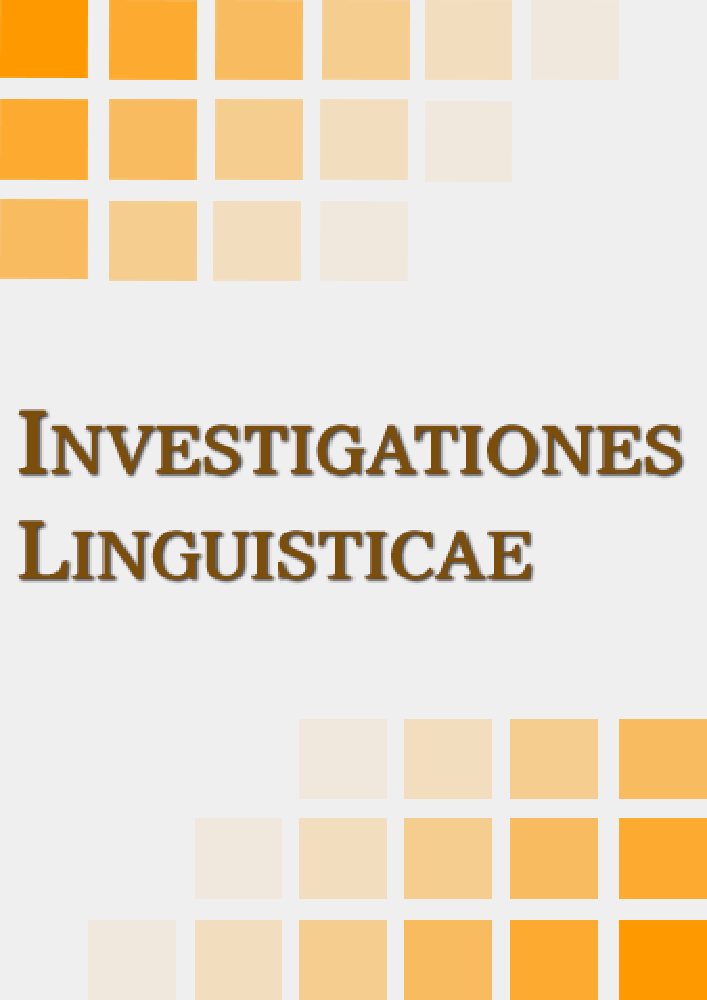Abstrakt
This article is to present teaching methods adopted to develop lessons aimed at teaching vocabulary connected with LOAC (Law of Armed Conflict) to military personnel. Topics taken into consideration include: conduct of hostilities, prisoners of war (POW) and special signs. The presented exercises have been based on authentic materials such as: the Hague Convention, Geneva Conventions with additional protocols and rules of engagement cards. Additionally, the skills of speaking, reading and writing will be integrated. The exercises have already been conducted with professional soldiers as well as cadets at the Polish Air Force Academy in Dęblin.“The LOAC arises from a desire among civilized nations to prevent unnecessary suffering and destruction while not impeding the effective waging of war. A part of public international law, LOAC regulates the conduct of armed hostilities. It also aims to protect civilians, prisoners of war, the wounded, sick, and shipwrecked. LOAC applies to international armed conflicts and in the conduct of military operations and related activities in armed conflict, however such conflicts are characterized”.
Rod Powers, US military expert
Bibliografia
Clayton G., Gizelis, T.-I. 2005. Learning through Simulation or Simulated Learning? An Investigation into the Effectiveness of Simulations as a Teaching Tool in Higher Education. http://bisa.ac.uk/files/Permanent%20Files/ClaytonGizelisBISAPAPER.pdf. [date of access: 10 May 2015].
Convention for the Protection of Cultural Property in the Event of Armed Conflict, signed at The Hague, 14 May 1954. 1988. reprinted in Dietrich Schindler and Jiri Toman (Eds.), The laws of armed conflicts: A collection of conventions, resolutions and other documents, 3rd ed., Martinus Nijhoff/Henry Dunant Institute. Geneva: Dordrecht.
Decyzja nr 403/MON ministra obrony narodowej z dnia 5 października 2006 r. w sprawie kształcenia i egzaminowania ze znajomości języków obcych w resorcie obrony narodowej (Dz. Urz. MON Nr 19, poz. 249). Dziennik Urzędowy Ministra Obrony Narodowej Nr 19. Warszawa: dnia 31 października 2006.
Filipczuk, S. 2013. Developing speaking skills for advanced learners. Dęblin: WSOSP.
Gillies, R. M. 2007. Cooperative learning: Integrating theory and practice. Thousand Oaks, CA: Sage Publications.
Klich, Bogdan. 2008. Odpowiedź ministra obrony narodowej na interpelację nr 4416 w sprawie podniesienia poziomu znajomości języka angielskiego przez cały stan osobowy Sił Wysokiej Gotowości Zdolnych do Przerzutu. http://orka2.sejm.gov.pl/IZ6.nsf/main/389283BC [date of access: 12 May 2015].
Knowles, M. 1980. The Modern Practice of Adult Education: From Pedagogy to Andragogy. 2nd ed. New York: Cambridge Books.
Lewis, M. 1993. The Lexical Approach: The State of ELT and a Way Forward. Hove, UK: Language Teaching Publications.
NATO Standardization Agreement STANAG 6001 NTG (EDITION 4) LAN-GUAGE PROFICIENCY LEVELS. 2010. http://www.natobilc.org/stanag/index-eng.asp, [date of access: 12 May 2015].
Protocols Additional to the Geneva Conventions of 12 August 1949. 2010. Geneva: International Committee of the Red Cross.
Powers, R. Law of Armed Conflict (LOAC). The Rules of War. http://usmilitary.about.com/cs/wars/a/loac.htm [date of access: 10 May 2015].
Ramowy Program Nauczania Języka Angielskiego w Siłach Zbrojnych RP Edycja III. 2009. Warszawa: Ministerstwo Obrony Narodowej Departament Nauki i Szkolnictwa Wojskowego.
Richards, J. C. 2006. Communicative Language Teaching Today. Cambridge: Cambridge University Press.
Scharfhausen, C. 2013. What is NATO Speak – The Spanish Perspective [PowerPoint presentation]. http://www.natobilc.org/conference/2013/tbilisi-eng.asp [date of access: 25 July 2015].
Smucny, D., Stover, M. 2013. Enhancing Teaching and Learning for Active-Duty Military Students. American Sociological Association Vol. 41, no. 3 (March/April), http://www.asanet.org/footnotes/marchapril13/military_0313.html [date of access: 2 June 2015].
